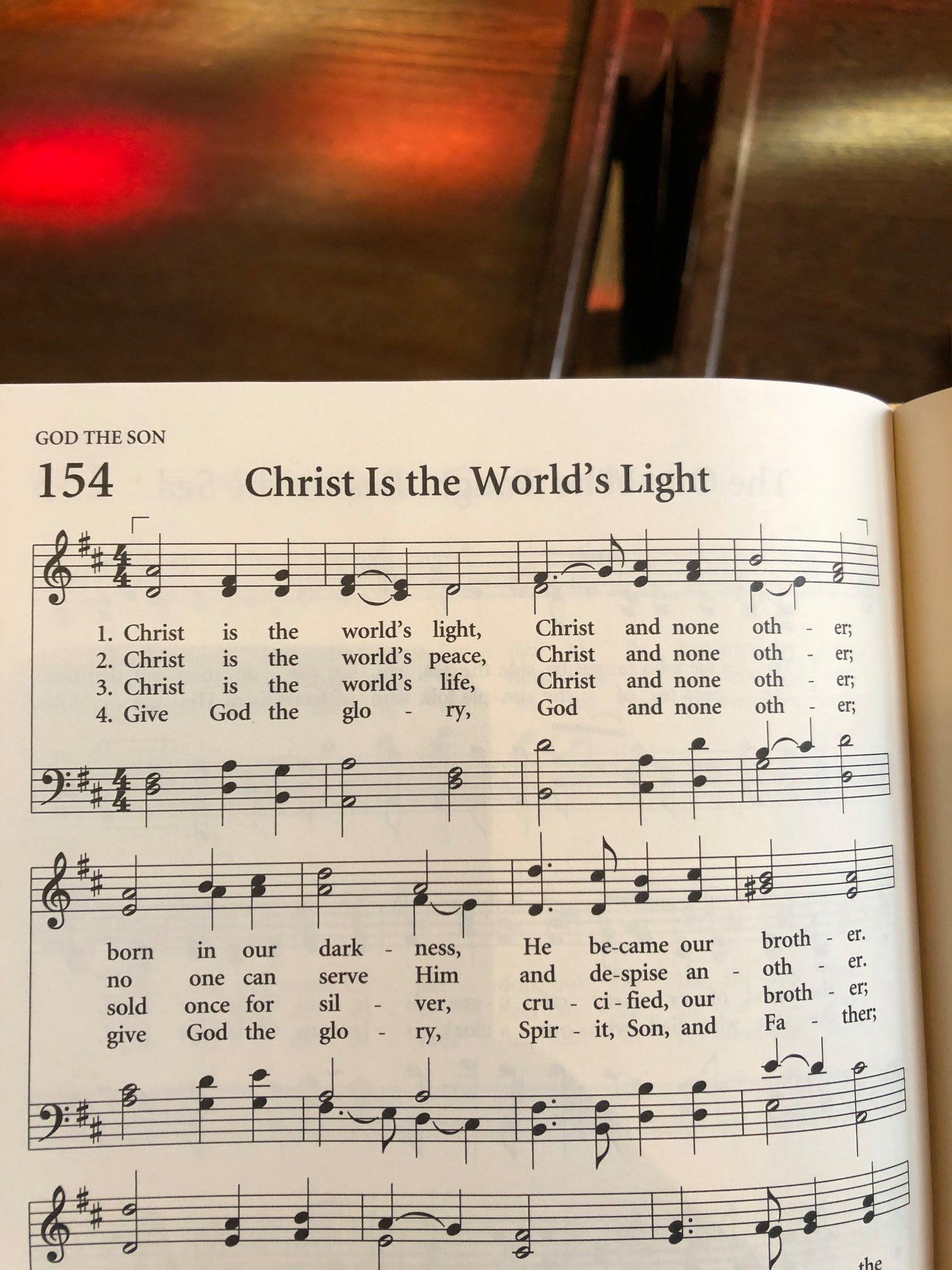Epiphany

Saturday, January 6th, marks Epiphany, which celebrates the arrival of the Magi into the Christmas story. The people "from the east" come to Bethlehem to bestow gifts upon the Christ child. These Gentiles represent the first appearance of non-Jews in the story. It seems that word of the birth of this child has spread beyond the city walls of Bethlehem.
Who is this babe that even star gazers ponder his birth?

Matthew's Story
In the time of King Herod, after Jesus was born in Bethlehem of Judea, magi from the east came to Jerusalem, asking, “Where is the child who has been born king of the Jews? For we observed his star in the east and have come to pay him homage.” When King Herod heard this, he was frightened, and all Jerusalem with him, and calling together all the chief priests and scribes of the people, he inquired of them where the Messiah was to be born. They told him, “In Bethlehem of Judea, for so it has been written by the prophet:
‘And you, Bethlehem, in the land of Judah,
are by no means least among the rulers of Judah,
for from you shall come a ruler
who is to shepherd my people Israel.’ ”
Then Herod secretly called for the magi and learned from them the exact time when the star had appeared. Then he sent them to Bethlehem, saying, “Go and search diligently for the child, and when you have found him, bring me word so that I may also go and pay him homage.” When they had heard the king, they set out, and there, ahead of them, went the star that they had seen in the east, until it stopped over the place where the child was. When they saw that the star had stopped, they were overwhelmed with joy. On entering the house, they saw the child with Mary his mother, and they knelt down and paid him homage. Then, opening their treasure chests, they offered him gifts of gold, frankincense, and myrrh. And having been warned in a dream not to return to Herod, they left for their own country by another road. (Matthew 2:1-12)

Claiming Too Much
As Christians, we are prone to claim too much. It is tempting in our theologies and liturgies to venture beyond the appropriate boundaries of our faith into lands of exclusion and tight borders. We often mean no harm. We only wish to proclaim good news, but we stumble into unhelpful, harmful territory.

This hymn provides a good example. The first phrase of the first line in each verse provides a nice Christian declaration. Christ is the world’s light and peace and life. So far, we are standing on the solid ground of affirming Christological claims. But then the hymn writer makes a grander claim, a totalizing claim, a claim that moves beyond the congregation: “Christ and none other.” It is a theological claim that leaves little mystery, an assertion without humility, a claim to perfect sight. What is the theological and rhetorical purpose of that second phrase? Is it necessary for the overall point? Does it not, in fact, serve only to be exclusionary?
I am bothered by the Christian claims of “none other.” I am compelled by a Christian vision of “all other.”It takes humility to speak our truth while acknowledging mystery and our limited sight. God is at work among us, but we remain open to God’s work with our neighbors.
Chalking The Door – An Epiphany Blessing
Some Christian traditions bless their homes for the new year by engaging in the tradition of "chalking the door." They will write "20 C + M + B 24" on their external home door. 2024 is the current year. C, M, and B may stand for Christus mansionem benedicat (Latin for "May Christ Bless This House,") or they may represent the traditional names of the wise men – Caspar, Melchior & Balthazar.
Lent is Coming Soon!
I have co-written a bible study for the Lenten season. You can view an introduction to the book here.
A Benediction (Or Miscellaneous Thoughts)
- If you know someone who might like to read this newsletter, forward this email to them.
2. You can read an online version of this newsletter here.

Member discussion